SAG-AFTRA just came out of a strike in 2023. In 2023, SAG-AFTRA members voted to give the Union authorization to call a strike against the Alliance of Motion Picture and Television Producers (the AMPTP), opposite whom the Union negotiates the Television Agreement. And SAG-AFTRA took the authorization from its members and eventually did call a strike in mid July 2023. SAG-AFTRA stand-ins working under the Television Agreement were on strike until November 2023.
The Television Agreement (aka the TV Agreement) is the collective bargaining agreement (CBA) that covers most television productions on which SAG-AFTRA stand-ins work. In general, these productions are referred to as “dramatic television.”
However, SAG-AFTRA has a whole other CBA covering television productions. Sometimes these are “dramatic television” like soap operas. Other times these are productions with live studio audiences, like game shows and talk shows. Sometimes these are essentially commercials for television shows, like promos. This whole other television CBA is the called the Network Television Code — or “the Netcode” for short. SAG-AFTRA negotiates the Netcode opposite “the Networks” (for example, CBS).
The Netcode goes by a bunch of other names, too. Its formal name is the National Code of Fair Practice for Network TV Broadcasting, or simply the “Network Code.” At that, sometimes “Netcode” is written “NetCode” or “Net Code.” And given that the Netcode historically is an AFTRA contract, it sometimes is called “AFTRA Front of the Book,” or “AFTRA FOB” for short.
Here is most of the relevant contract language around the current Netcode:
- 2014 Netcode Agreement
- 2018 Memorandum of Agreement (modifying the 2014 agreement)
- 2021 Memorandum of Agreement (additional modifications, actually ratified in 2022)
- Unpublished sideletter around award shows (referenced near the end of the 2021 MOA)
This coming June 30, 2024, the Netcode is set to expire. So, one lingering question is whether SAG-AFTRA will ask for strike authorization from its members in upcoming negotiations around the expiring Netcode.
Certainly because the expiring Netcode has no working conditions around artificial intelligence (AI) or digital replicas, and because SAG-AFTRA made that an important striking point under the Television Agreement, one would reasonably expect SAG-AFTRA would make artificial intelligence an important point in Netcode negotiations, and one would also reasonably expect the SAG-AFTRA bargaining unit would have strong interests around that working condition.
However, SAG-AFTRA seems to have a strange relationship with the Netcode, not seeming to give it as much attention as it does to the Television Agreement, meaning SAG-AFTRA members working under it suffer from lower rates and lesser working conditions on the whole compared to SAG-AFTRA members working under the Television Agreement. At that, fewer SAG-AFTRA members seem to work under the Netcode, and when they do, they often don’t seem very aware of its terms and conditions.
So, will SAG-AFTRA stand-ins go on strike again in 2024? We don’t have a crystal ball, but let’s discuss.
SAG-AFTRA’s Past Bargaining Conduct
The last time the Netcode was up for negotiation, SAG-AFTRA agreed to extend the expired Netcode multiple times. In fact, it expired on June 30, 2021, and SAG-AFTRA didn’t announce it had reached an agreement until May 2022 after multiple extensions of the effectively expired CBA.
SAG-AFTRA did not seek strike authorization from its members in those negotiations, and its extensions of the effectively expired Netcode seemed to be unpublished, multiply verified upon the Editor emailing SAG-AFTRA. SAG-AFTRA agreed to these extensions despite the pandemic still in full swing when the Netcode expired, and despite Netcode jobs having no collectively bargained pandemic-related working conditions — unlike Television Agreement jobs which had the pandemic-related protections of the Return To Work Agreement.
Given this past conduct, it is within the realm of possibility that SAG-AFTRA will agree to let the current Netcode expire on June 30, 2024, and agree to extend it. It is also within the realm of possibility that it will do so quietly, though given its members’ interest in AI provisions and given productions like late-night talk shows will likely want to produce television during a year with a presidential election and lots of political news, a Netcode extension will unlikely be as quiet as they were in 2021 and 2022.
SAG-AFTRA & Public Opinion
If SAG-AFTRA does seek strike authorization from its members before going into the Netcode negotiations, such a showing will potentially mean it is seeking leverage in reaching an agreement with the Networks.
However, if SAG-AFTRA does not seek strike authorization from its members before going into Netcode negotiations, arguably such a showing will potentially mean SAG-AFTRA is taking a weak position in negotiations — even though it could seek strike authorization after negotiations have begun or even after Netcode expiry.
With that said, if SAG-AFTRA gets authorization from its members to call a strike, and if SAG-AFTRA does call a Netcode strike, Stand-In Central believes the public will be confused and exhausted by this news. For example, the public — not knowing the granular details about which CBA governs which TV shows — will likely generally go, “Wasn’t SAG-AFTRA just on strike?” (That answer is yes, but not against Networks per se.) The public will also likely go, “We are getting another summer of talk-show reruns?” (That answer is yes, but for a different reason this time, because talk show writers were on strike last time, not talk show hosts or performers.)
A lack of public acceptance of SAG-AFTRA going on strike will potentially sway public opinion against those SAG-AFTRA members working in television to see them as spoiled rich people who are wrecking television — when in truth, Netcode jobs generally pay lower rates than Television Agreement jobs, and also in truth, SAG-AFTRA was never on strike on Netcode jobs to begin with. Stand-In Central believes if SAG-AFTRA goes on strike against Netcode work, it will be more sensitive to public opinion and take a beating from the public — and want to avoid such bad press and public opinion.
AI Considerations
Now that SAG-AFTRA has hammered out a television CBA containing artificial intelligence and related working conditions that its members have ratified with majority vote, Stand-In Central expects SAG-AFTRA will use these terms as its bargaining minima around AI when negotiating the expiring Netcode.
So, when it comes to artificial intelligence, digital replicas, etc., Stand-In Central expects SAG-AFTRA will seek informed consent when it comes to a producer’s requirement of such work, with equal or lesser provisions than SAG-AFTRA achieved with the AMPTP.
Stand-In Central expects the Networks will generally accept informed consent when it comes to artificial intelligence and related work, though the Networks may balk about some of the monetary aspects around such work.
Under the Netcode, stand-ins are not background actors, but instead are their own separate class of performers. At that, sometimes they are paid an hourly wage with a minimum of less than eight hours. Insofar as SAG-AFTRA negotiates digital replica terms for background actors including payment of a day’s wage, it will be interesting to see if SAG-AFTRA gets those same provisions extended to stand-ins, and if so, what guaranteed minimum pay stand-ins who work hourly would get (considering these stand-ins do not have a daily wage).
W&Ws
SAG-AFTRA has not yet announced any Wages & Working Conditions meetings (aka W&Ws) around the Netcode. At these meetings, the Union calls together its bargaining unit to discuss wages, working conditions, and bargaining proposals in advance of CBA negotiations. Last time, the Union announced Netcode W&Ws around the February before expiry.
Stand-In Central has no reason to believe SAG-AFTRA won’t have W&Ws around the expiring Netcode, but it does believe it will continue to prohibit financial-core Netcode stand-ins from attending such meetings to discuss wages and working conditions. (N.b. the Editor is such a Netcode stand-in SAG-AFTRA prohibits from attending W&Ws.)
Best Guess?
Stand-In Central’s best guess is that SAG-AFTRA stand-ins working under the Netcode will not go on strike upon the expiration of the Netcode on June 30, 2024.
Stand-In Central believes even if SAG-AFTRA seeks strike authorization and does not reach a tentative agreement around June 30th, the Union will not call a strike and instead will extend the expired agreement.
Stand-In Central expects the Union will likely extend an expired Netcode in such a way that permits Netcode television productions to continue to use SAG-AFTRA stand-ins and other members past the general election on November 5, 2024. It will do this in part because of public interest in Netcode productions like talk shows during a contentious political season, and partly because the public will not be able to sympathize with SAG-AFTRA calling another strike after the one in 2023.
SAG-AFTRA members should expect artificial intelligence working conditions equal to or less than those SAG-AFTRA achieved with the AMPTP on Television Agreement jobs, and where there is compensation involved for such work, that compensation will be inferior to the compensation in Television Agreement jobs, largely because the Netcode has inferior rates on the whole.
SAG-AFTRA members should also expect that not many working conditions will change under the Netcode given how much artificial intelligence and strike fatigue may factor in on negotiations, draining attention from large wage increases and the like.
So, these are Stand-In Central’s opinions. What do you think?
Share your predictions on whether SAG-AFTRA stand-ins will go on strike when the Netcode expires in June 2024 in the comments box below!

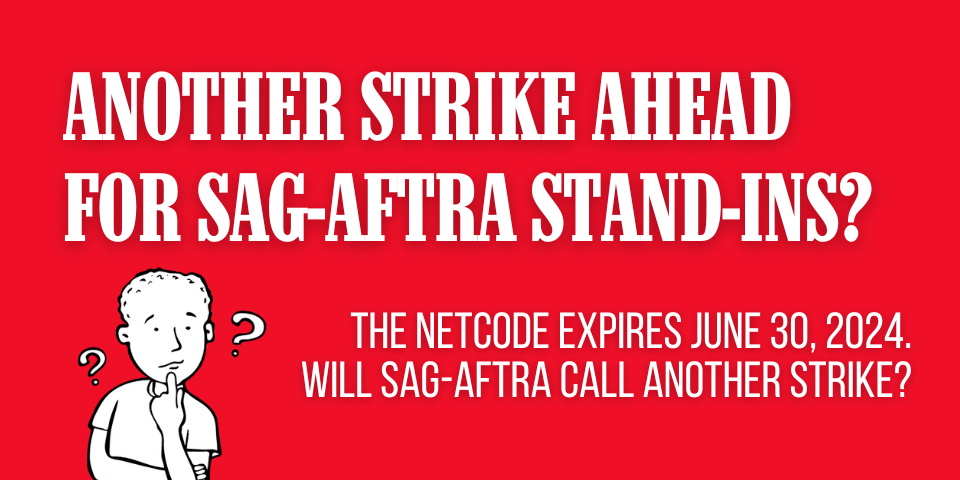
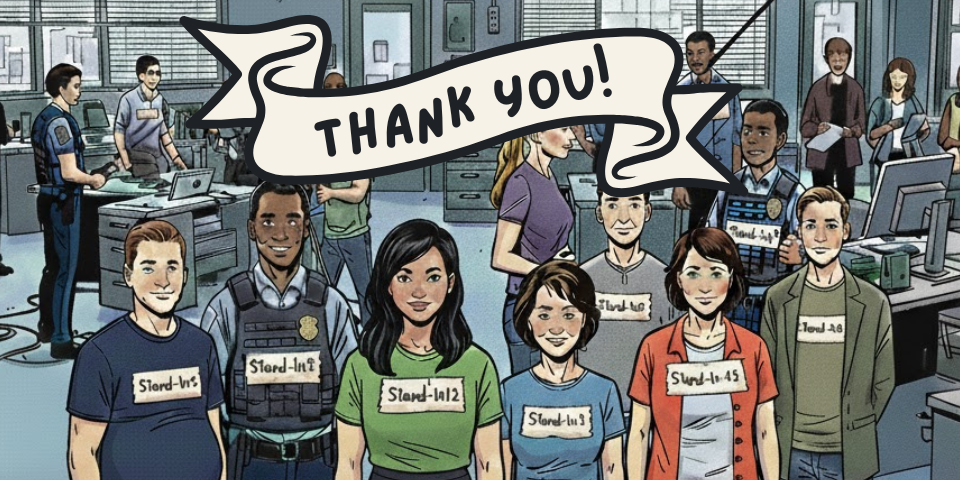
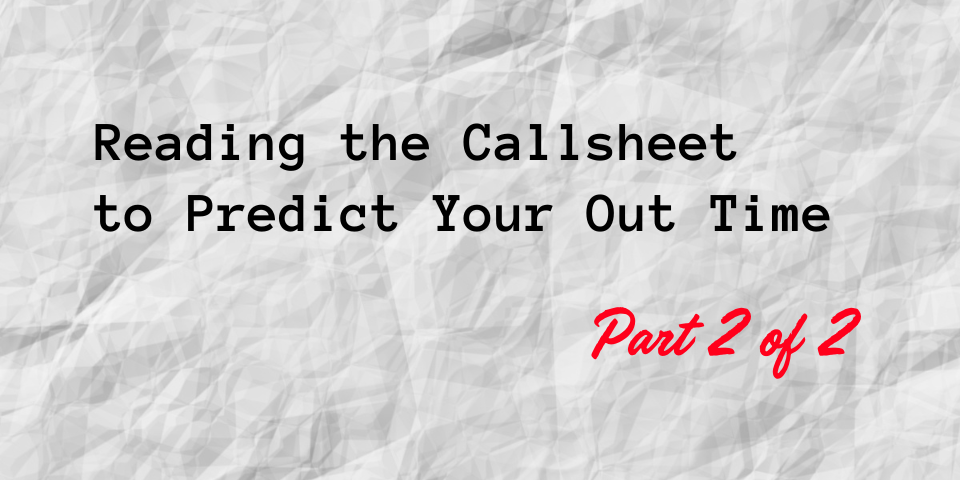
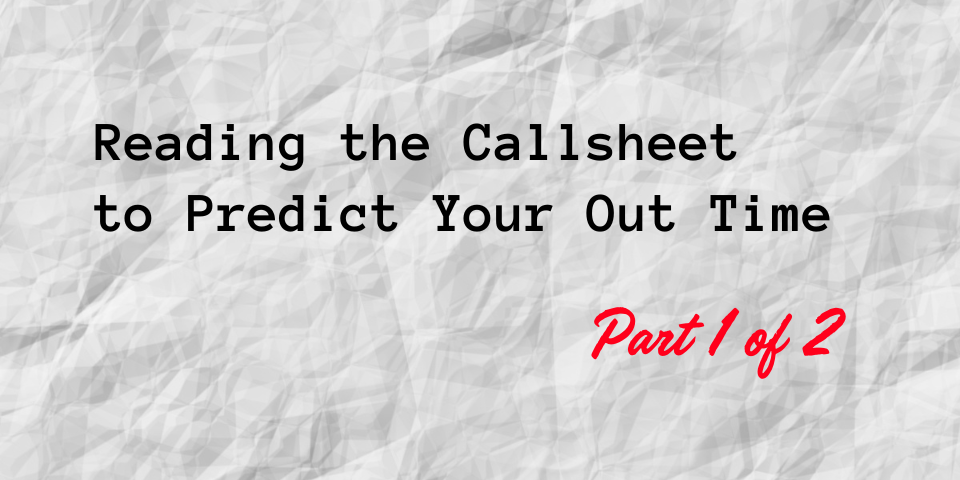
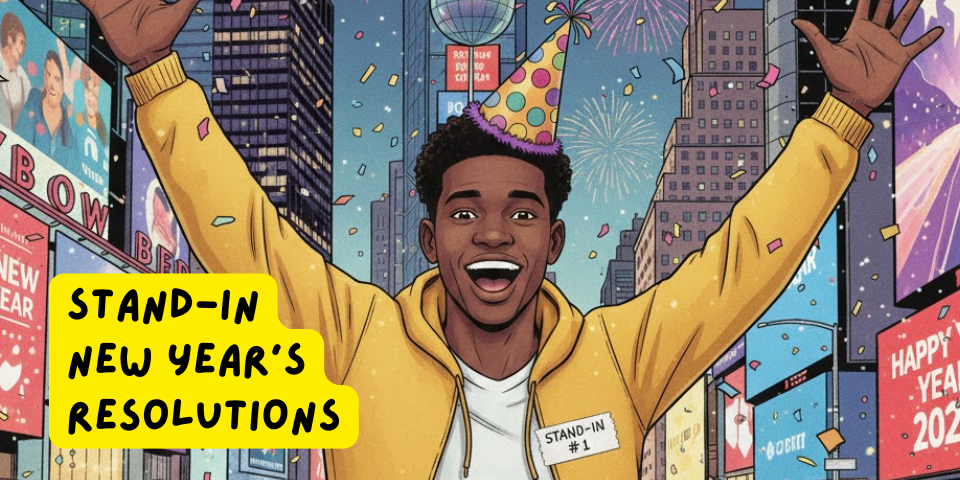
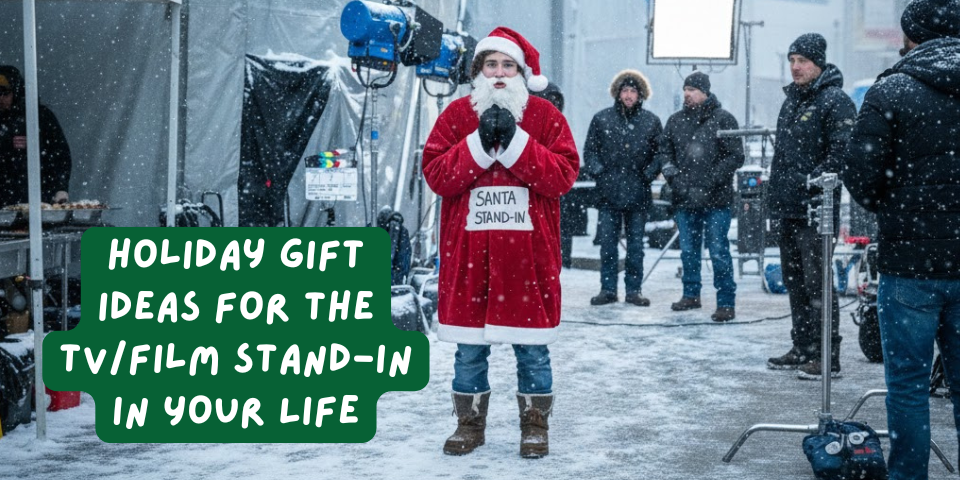
Leave A Comment